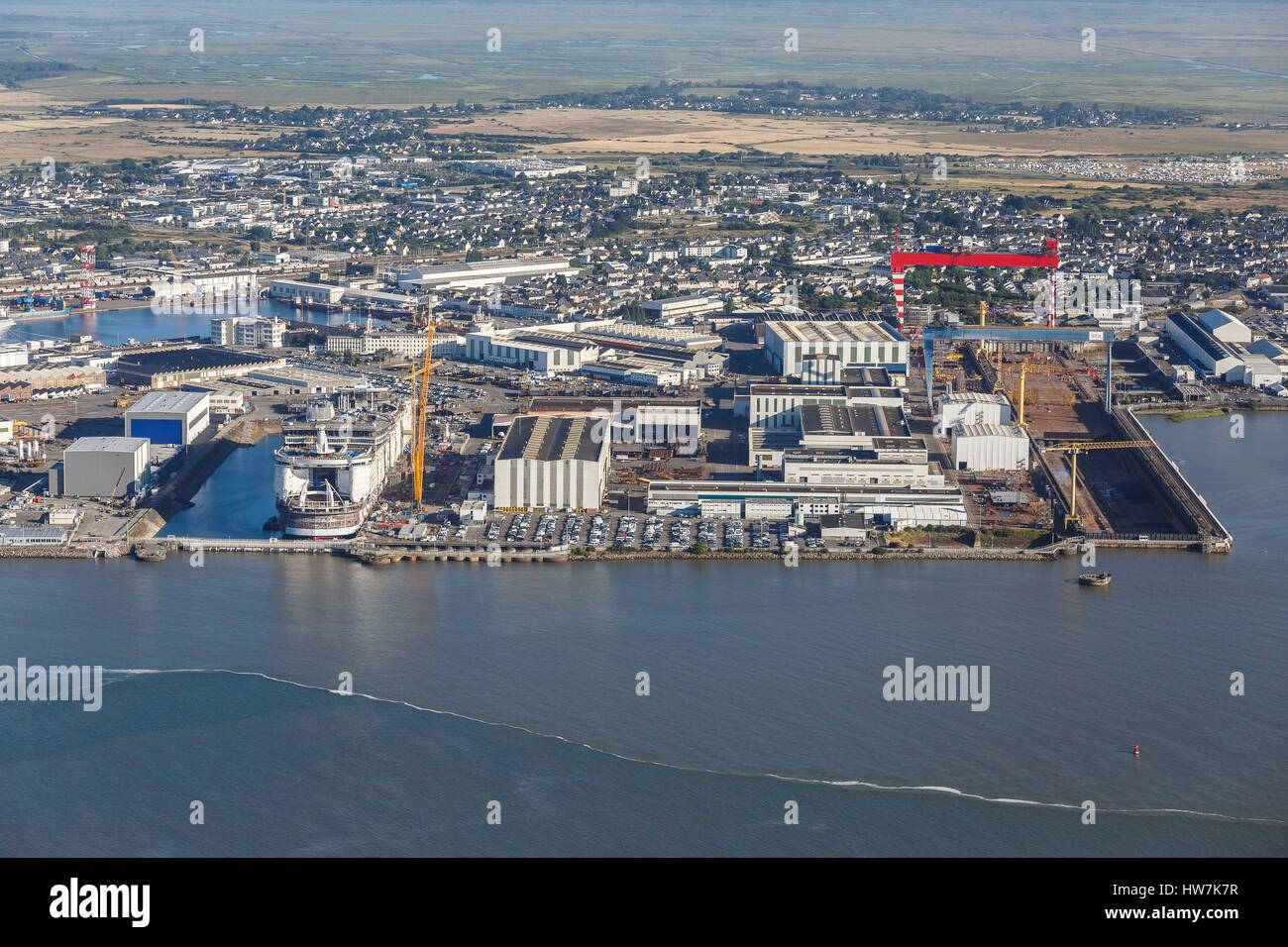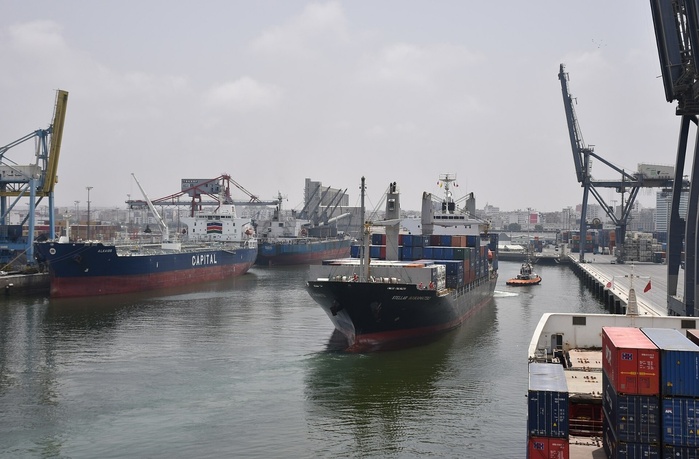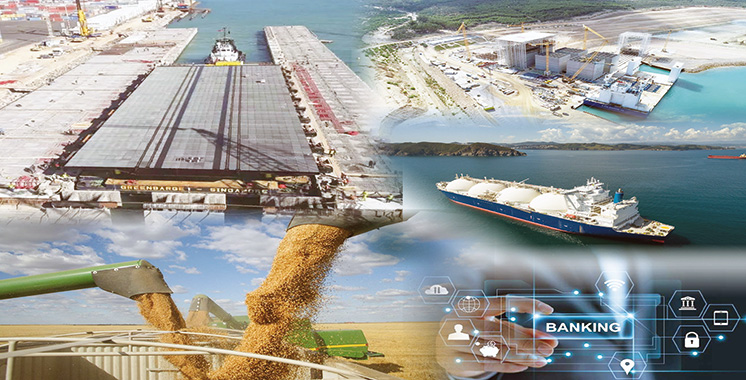Exploring International Careers in the Maritime Industry

Exploring International Careers in the Maritime Industry
The maritime industry is a vital component of the global economy, facilitating international trade and providing a wide array of career opportunities. For those interested in pursuing International careers in the maritime industry maritime careers, the options are as diverse as the industry itself. This article delves into the various facets of international maritime careers, the skills required, and future prospects in this dynamic sector.
The Importance of the Maritime Industry
The maritime industry plays a crucial role in international trade, with over 80% of global trade by volume carried out by sea. This sector encompasses shipping, logistics, shipbuilding, and marine engineering, among others. As globalization continues to expand, the demand for competent professionals in this field grows, making it an attractive choice for career development.
Career Paths in the Maritime Sector
The maritime industry offers a plethora of career opportunities, suited to various skills and interests:
- Maritime Engineering: Engineers design and maintain ships and offshore structures, requiring a strong background in engineering principles.
- Nautical Science: Navigators and ship officers ensure the safe and efficient operation of vessels, necessitating knowledge in navigation, meteorology, and maritime law.
- Logistics and Supply Chain Management: Professionals in this area coordinate transportation and supply chain processes, emphasizing organizational skills and strategic planning.
- Marine Environmental Science: As sustainability becomes more pertinent, roles focused on marine environmental protection and conservation are increasingly essential.
- Shipbuilding and Repair: Careers in this area focus on constructing and repairing vessels, combining both technical skills and project management.
- Port Operations: Port managers oversee the entire process of docking, loading, and unloading ships, ensuring efficient port logistics.

Skills Required for Maritime Careers
While each career path in the maritime industry has its specific requirements, several core skills are universally valuable:
- Technical Proficiency: Many roles necessitate a solid understanding of technical principles, especially for engineering and nautical professions.
- Problem-Solving: The ability to address unexpected challenges swiftly is crucial, particularly in high-stakes environments such as ship operations.
- Communication: Effective communication is vital, as maritime jobs often involve collaboration across diverse teams and stakeholders.
- Adaptability: The maritime landscape is always evolving; professionals must be able to adapt to new regulations, technologies, and market demands.
- Leadership: As many positions involve managing teams and projects, strong leadership skills are essential for career advancement.
The Educational Pathways
Entering the maritime industry typically requires formal education and training. Many maritime professionals hold degrees in fields such as:
- Marine Engineering
- Nautical Science
- Maritime Business and Management
- Marine Environmental Science
Additionally, many educational institutions offer specialized certifications and training programs tailored to the maritime industry, including STCW (Standards of Training, Certification, and Watchkeeping for Seafarers) certifications, which are essential for many sea-going roles. Practical experience through internships and apprenticeships enhances employability and provides invaluable hands-on experience.
Global Opportunities

The international nature of the maritime industry means abundant opportunities for travel and relocation. Major maritime hubs such as Singapore, Rotterdam, and Hong Kong provide dynamic job markets and diverse cultural experiences. Professionals may find themselves working on vessels that travel globally, visiting numerous ports and interacting with various cultures, enriching their career experience.
Current Trends in Maritime Employment
As technology advances, the maritime industry is also evolving, with trends shaping future employment opportunities:
- Automation: The rise of automation in shipping and logistics is transforming job roles, necessitating a shift in skill sets toward technology-focused training.
- Sustainability: There is an increasing focus on eco-friendly practices, leading to growth in roles related to environmental management and sustainable shipping to reduce carbon footprints.
- Digital Transformation: The integration of digital tools and data analytics is revolutionizing operations, prompting a demand for tech-savvy professionals who can navigate these systems.
The Future of the Maritime Industry
The maritime industry is poised for continued growth, driven by global trade expansion and advancements in maritime technology. As new regulations emerge, particularly concerning environmental sustainability, professionals will need to stay informed and agile.
Conclusion
International careers in the maritime industry offer a unique blend of opportunities, challenges, and rewards. With the right education, skills, and mindset, aspiring professionals can carve out successful careers in this vital sector, contributing to global trade and maritime innovation. As the industry evolves, those willing to adapt and embrace change will find themselves at the forefront of exciting developments in the world of maritime.
